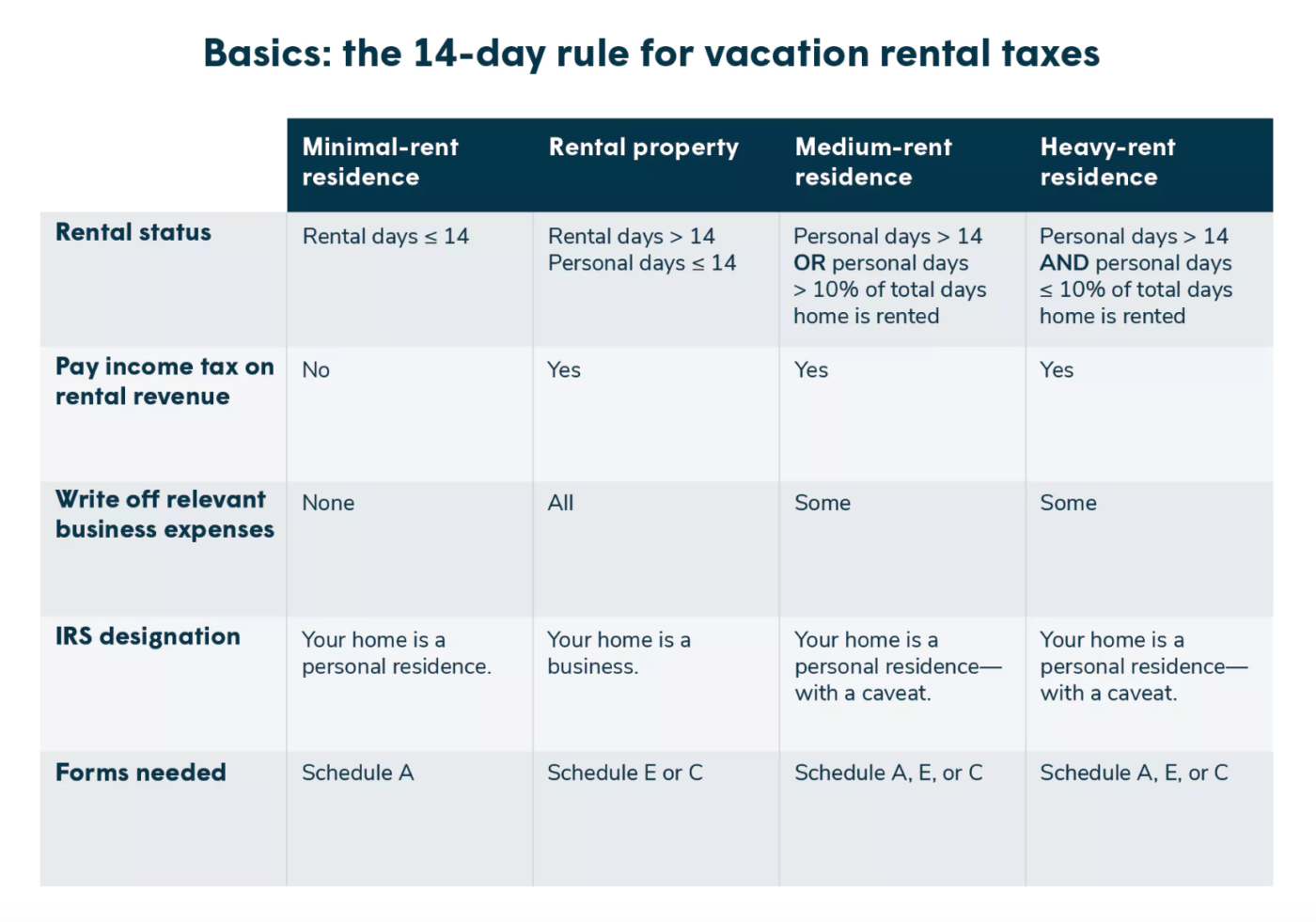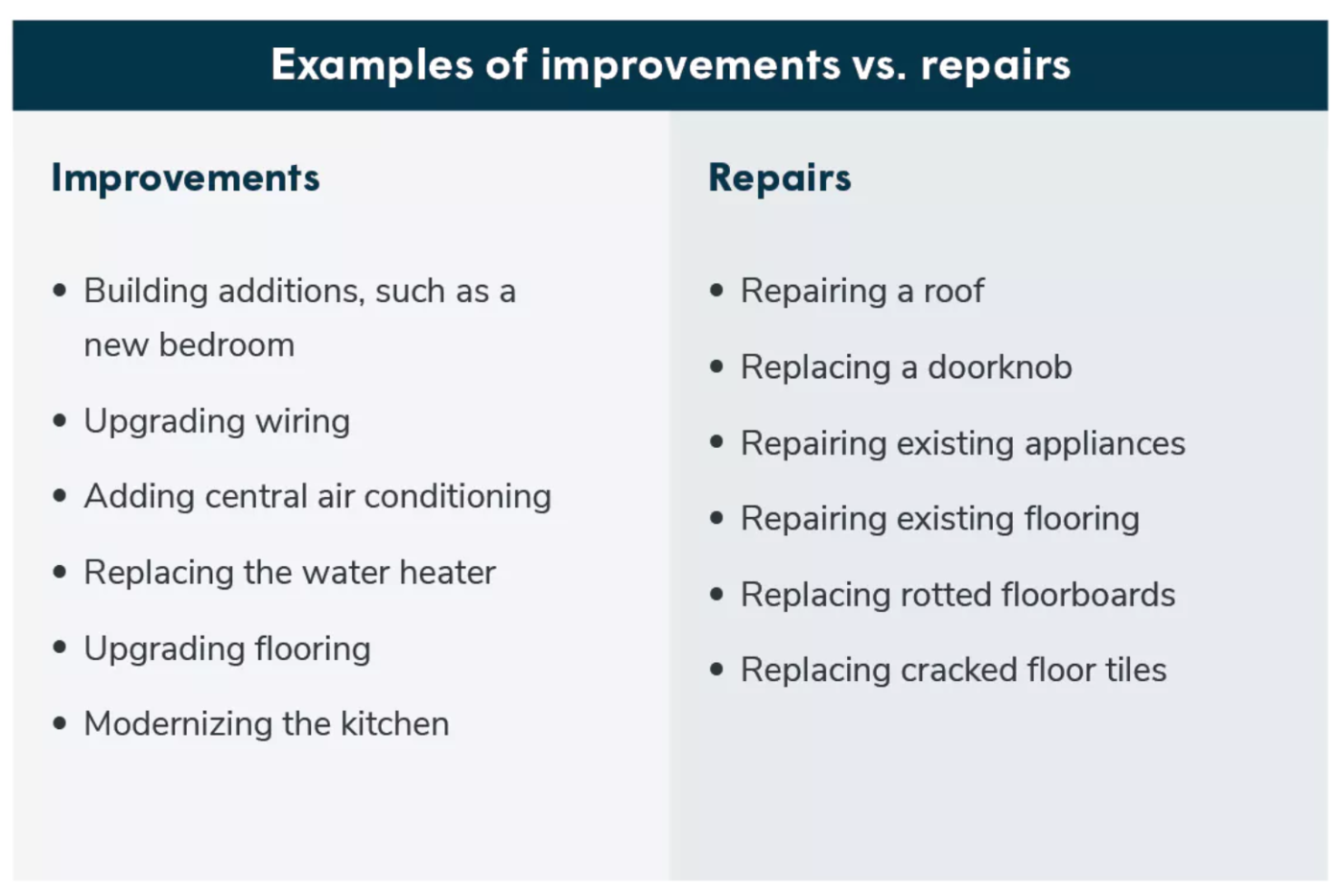Tax Tips For Vacation Rentals
Tax season is upon us!
With less than two weeks to go before taxes are due, Americans everywhere are scrambling to get their finances in order and crossing their fingers for a refund. But dealing in real estate, of course, complicates that entire process, and that’s especially true for vacation rentals — which for owners can serve as both a home-away-from home and an income-producing side hustle.
Paul Garza, a tax accountant for vacation rental company Vacasa, told Inman in an email that taxpayers need to be especially vigilant when it comes to their rental properties. One of the most common mistakes people make, he added, is simply not “being familiar with all the reporting and due diligence involved.”
To make the process easier, Vacasa has also compiled a useful list of tips to make tax season more efficient for owners of vacation rentals. These tips won’t replace the guidance of a trusted tax advisor, but they can serve as a useful starting point, especially for agents looking to help clients navigate a tricky financial environment.
1. The number of days a property spends as a rental matters
Probably the most important thing to remember here is that if you rent out a property for fewer than 14 days per year and use it yourself for at least that long, you don’t have to pay taxes on the rental income.
If both of those circumstances aren’t met, however, you’ll likely have to pay taxes on some of your income. The amount you pay will depend how the property is used, and for how long, so carefully consider the nature of the rental. Here’s a chart from Vacasa that breaks down the different distinctions:

Credit: Vacasa
2. Consider what you can deduct
While renting out a vacation property for more than two cumulative weeks per year can mean paying taxes on the resulting income — obviously a bummer — it also raises the possibility of writing off expenses associated with the property.
“Your taxes may be simpler if you start treating your property as a business, rather than a second home,” Vacasa notes in its guide.
There are some fine distinctions in what can be written off, but owners should consider the difference between improvements, which are deducted over their useful lifetime, and repairs, which can be deducted all at once.

3. Remember local rules
Federal taxes typically get a lot of the attention at this time of year, but local taxes can vary considerably from place to place and will have a significant impact on what vacation rental owners pay.
Property managers can help navigate the often-byzantine waters of local regulation. Vacasa also suggests turning to the local chamber of commerce with questions.
4. Use the correct tax forms
Perhaps the least sexy but most important tip, vacation rental owners have to make sure they actually fill out the correct forms when it comes to their properties. In many cases, owners will need to use either an IRS Schedule E or Schedule C.
There are various criteria to determining which form to use, but the gist is that Schedule E is for passive income, while Schedule C is for money earned via self employment.
You May Also Like


